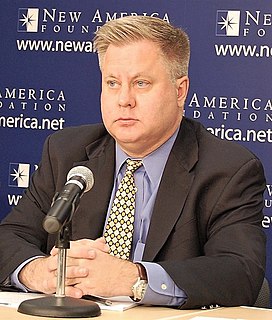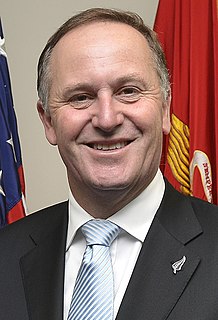A Quote by Salman Rushdie
There's no point going to a country which is torturing people to ask them to stop if they can point out that the United States is doing it too. It enormously weakens the argument. Back in the early days of the Bush administration, PEN made a decision that we would try and make human rights issues and civil rights issues in this country part of the priority, and not just international issues, which had more or less been the priority up until then.
Quote Topics
Administration
Argument
Ask
Back
Been
Bush
Bush Administration
Civil
Civil Rights
Country
Days
Decision
Doing
Early
Early Days
Going
Had
Human
Human Rights
International
Issues
Just
Less
Made
Make
More
More Or Less
No Point
Out
Part
Pen
People
Point
Priority
Rights
States
Stop
Them
Then
Too
Try
United
United States
Until
Up
Which
Would
Related Quotes
You have to have a multipronged approach and a significant part of that is educating the public and change the culture so that people are less afraid of Arabs or Muslims, more attuned to civil rights and civil liberties issues that are presented, more aware of the security costs of some of the kinds of choices the Bush administration had made, and more committed to the values that America was founded upon.
The war for our Union, with all the constitutional issues which it settled, and all the military lessons which it gathered in, has throughout its dilatory length but one meaning in the eyes of history. It freed the country from the social plague which until then had made political development impossible in the United States. More and more, as the years pass, does the meaning stand forth as the sole meaning.
Liberals say this over and over and over again to hide the actual history, which is why I go through the specifics on the big segregationists in the United States Senate, the ones who signed the Southern Manifesto and the ones who voted against the 1964 Civil Rights Act. There's a panoply of issues to consider. The first time they objected to the Federal government doing something was when it came to civil rights legislation. This is in stark contrast to the very few Republicans who voted against the '64 Civil Rights Act.
Civil libertarian activists are found overwhelmingly on the left. Their right-wing brethren have been concerned with issues more important than civil rights, voting rights, abuses by police and the military, and the subordination of politics to religion - issues like the campaign to expand human freedom by turning highways over to toll-extracting private corporations and the crusade to funnel money from Social Security to Wall Street brokerage firms.
I would love it if we made more comparisons between current issues and issues of the past. Maybe we'd realize that sometimes 'current issues' and 'past issues' are one and the same. Our world's people still fight over natural resources, kill in the name of religion, occupy regions and give them up - just as we did 'so long ago.'
I believe we should try to move away from the vocabulary and attitudes which shape the stereotyping of developed and developing country approaches to human rights issues. We are collective custodians of universal human rights standards, and any sense that we fall into camps of "accuser" and "accused" is absolutely corrosive of our joint purposes. The reality is that no group of countries has any grounds for complacency about its own human rights performance and no group of countries does itself justice by automatically slipping into the "victim" mode.





































